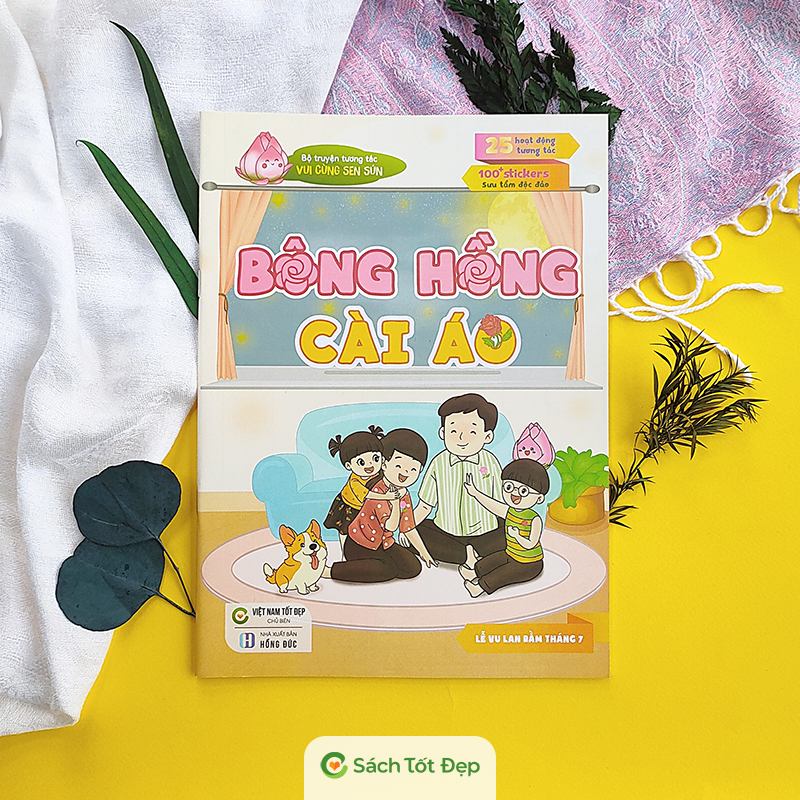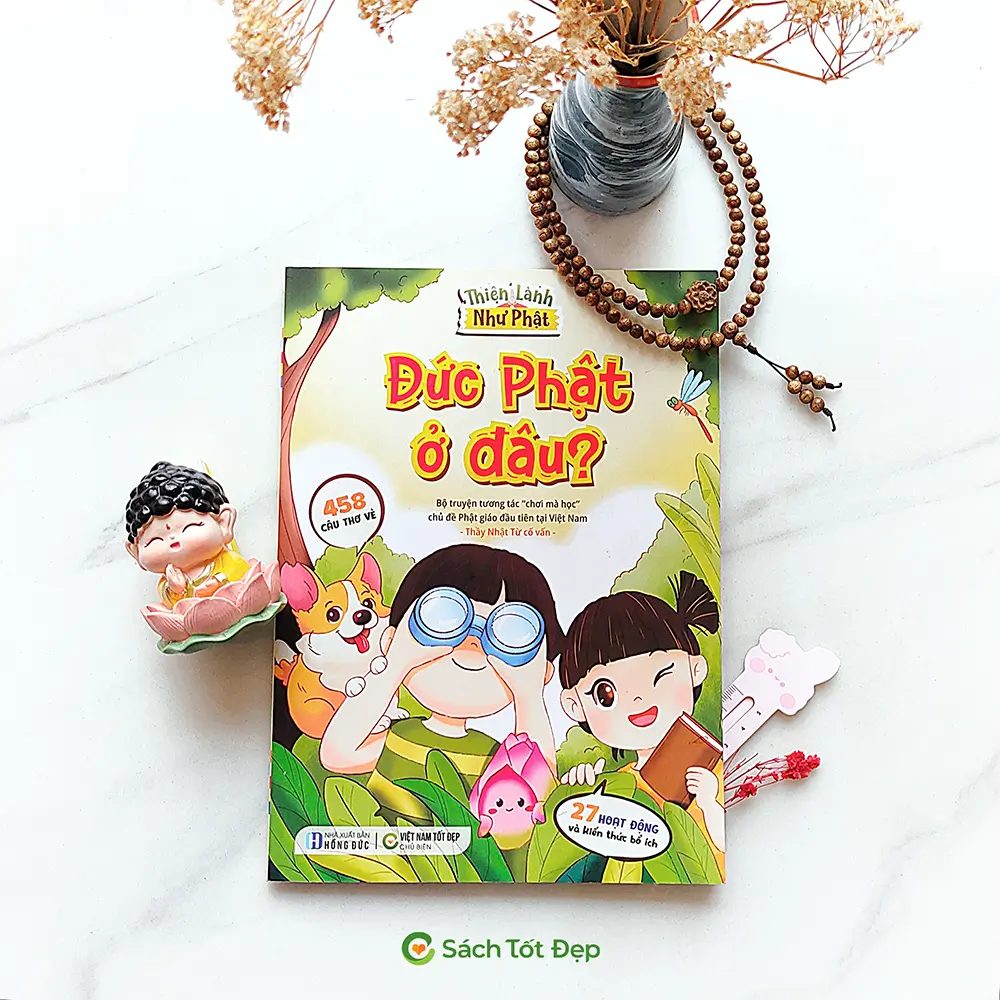Unveiling Buddha Statues: National Treasures of Vietnam

GNO – Since 2012, the Vietnamese government has been annually recognizing national treasures, which are artifacts of special cultural and historical value that are protected and preserved under a unique regime.
As of April 2023, the government has recognized 265 artifacts and groups of artifacts as national treasures in 11 separate declarations, including 67 Buddhist artifacts.
The Buddhist national treasures, categorized by material, include: 32 stone artifacts and groups, 8 bronze, 24 wood, 1 gold, 1 ceramic, and a pair of flesh-body statues. These treasures comprise 30 statues or sets of statues, 12 stone steles, 6 bronze bells, and others. Of the 30 Buddhist statues recognized as national treasures, 8 are of Buddha Shakyamuni.
The Lợi Mỹ Buddha Statue
This large wooden Buddha statue, standing 200cm tall, 50cm wide, and with a base diameter of 41cm, weighs 100kg. Esteemed by experts from the School of Far Eastern Studies at the time, it was promptly moved to the Blanchard de la Brosse Museum (now Ho Chi Minh City History Museum) for preservation.
The wooden Buddha statues are typical of the Óc Eo culture in the Mekong Delta, reflecting both the adoption of new artistic influences and the expression of local, enduring creativity. The Lợi Mỹ Buddha statue, now housed in the Ho Chi Minh City History Museum, was declared a “”national treasure”” by the government in Decision No. 1426/QĐ-TTg, signed by Deputy Prime Minister Nguyễn Thiện Nhân on October 1, 2012.
The Bình Hòa Buddha Statue
Discovered in Bình Hòa – Long An, this wooden Buddha statue, made from ironwood, stands 134cm tall, with a base diameter of 38cm, and weighs 73kg. The statue is in a standing posture on a lotus base. Its head features a usnisa, and the body is draped in a cloak over the left shoulder. However, the statue has lost its nose and has a hole in the chest.
A unique and original work, it exemplifies the Óc Eo art from the 3rd-4th centuries, meeting all the criteria of a national treasure. The Bình Hòa Buddha statue is kept in the Ho Chi Minh City History Museum under registration number BTLS. 1618. It was recognized as a national treasure in the government’s Decision No. 2599/QĐ-TTg, signed by Deputy Prime Minister Vũ Đức Đam on December 30, 2013.
The Nhơn Thành Buddha Statue
Carved from wood, the Nhơn Thành Buddha statue measures 56cm in height, with shoulders 9cm wide and a head 5.5cm across, standing on a base 16cm in diameter. Dating back to the 4th to 6th centuries, the statue, made from dark brown wood, features a usnisa and curly hair. Despite damage to the arms, the statue retains its elegance. The right leg is the main support, with the left leg slightly bent, revealing the knee.
Currently preserved in the Cần Thơ Museum, the Nhơn Thành Buddha statue was declared a “”national treasure”” in Decision No. 1821/QĐ-TTg, signed by Deputy Prime Minister Vũ Đức Đam on December 25, 2018.

The Sa Đéc Buddha Statue
Found in Sa Đéc, Đồng Tháp Mười, Đồng Tháp province, this wooden Buddha statue is 268cm tall. It stands on a two-tiered lotus base, with a usnisa and curly hair. Unique in its large size and graceful features, it represents the Óc Eo Buddhist art culture in Southern Vietnam. The Sa Đéc Buddha statue, registered as BTLS.1615, is currently housed in the Ho Chi Minh City History Museum and was recognized as a national treasure in Decision No. 2599/QĐ-TTg, signed by Deputy Prime Minister Vũ Đức Đam on December 30, 2013.
The Giồng Xoài Buddha Statue
The An Giang Provincial Museum currently preserves 5 national treasures, among which the wooden Giồng Xoài Buddha statue stands out. Dating back to the 4th-6th centuries, it was discovered in 1983 in the Giồng Xoài archaeological area. This 270cm tall, 94kg wooden statue is carved in a standing posture on a cylindrical base, without decoration. Its right arm is broken at the shoulder, and the left hand is missing.
The Giồng Xoài Buddha statue is a quintessential example of Southern Vietnam’s sculpture and overall artistic expression, particularly representative of the Óc Eo culture’s craftmanship. Made from hard, fine-grained wood, it follows the standard model of Theravada Buddhist statues, originally from India. This artifact (registration number: BTAG 5613/G), belonging to the Óc Eo culture of the 4th-6th centuries, is preserved at the An Giang Provincial Museum. The government recognized it as a “”national treasure”” in Decision No. 88/QĐ-TTg, signed by Deputy Prime Minister Vũ Đức Đam on January 15, 2020.
The Đồng Dương Buddha Statue
In 1902, French scientists discovered a 95cm tall bronze Buddha statue at Đồng Dương (Quảng Nam), crafted in the ancient South Indian Sri Lankan artistic style. They dated the statue to the 7th century, making it the oldest known bronze Buddha in Vietnam.
Following its discovery, the statue was kept at the Hanoi Museum. In 1954, it was moved to the Saigon Museum. Today, the Đồng Dương Buddha statue, weighing 120kg, is a prominent national treasure at the Ho Chi Minh City History Museum. It exemplifies the exquisite bronze casting techniques and artistic stylings of the Cham culture. The statue, standing 119cm tall and 38cm at its widest, is placed on a two-tiered circular base decorated with lotus petals. It was recognized as a “”national treasure”” in Decision No. 1426/QĐ-TTg, signed by Deputy Prime Minister Nguyễn Thiện Nhân on October 1, 2012.
The Sơn Thọ – Trà Vinh Buddha Statue
Crafted by the Phù Nam people in the 6th-7th centuries, the Sơn Thọ Buddha statue was found at the namesake temple in Trà Vinh. Made of sandstone and weighing 80kg, it measures 59cm high, 25cm wide, and 24cm thick. The statue is a blend of various styles and sculpting techniques, reflecting the local artisans’ open-minded adoption of diverse artistic trends. This characteristic is typical of inhabitants in thriving commercial regions.
Currently preserved at the Ho Chi Minh City History Museum (registration number: BTLS.5517), the Sơn Thọ Buddha statue was declared a national treasure in Decision No. 1821/QĐ-TTg, signed by Deputy Prime Minister Vũ Đức Đam on December 24, 2018.
The Khánh Bình Buddha Statue
The Khánh Bình Buddha statue, carved from sandstone and part of the Óc Eo culture, dates back to the 6th-7th centuries. It is preserved at the An Giang Provincial Museum. The statue, standing 71.2cm tall, 12.1cm thick at its widest, and weighing 33,000 grams, is a complete, well-crafted piece from a large sandstone block, displaying details from the head to the base and pedestal.
The Khánh Bình stone Buddha statue is a rare, highly finished, and exemplary work of the Óc Eo culture’s stone carving artistry. It is currently housed at the An Giang Provincial Museum and was recognized as a “”national treasure”” in Decision No. 88/QĐ-TTg, signed by Deputy Prime Minister Vũ Đức Đam on January 15, 2020.
(As reported by Giác Ngộ Online)
Sản phẩm bạn có thể quan tâm

Let’s play with Sen Sun: Ullambana Festival
Coloring book
28.000đ

Tot Dep Notebook 96-pages
8.000đ

Let’s play with Sen Sun: Buddha’s birthday
Coloring book
28.000đ

Buddha’s Little Explorers: Where is Buddha?
Interactive book
59.000đ





